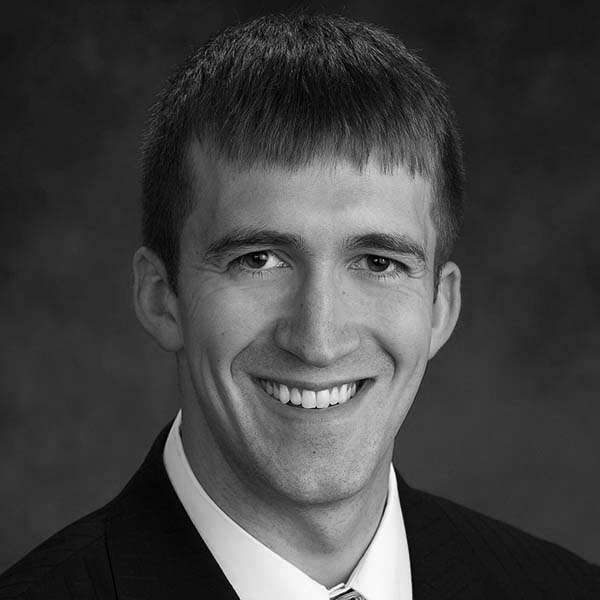Hearing loss affects millions of Americans. In fact, by age 75 over half of adults will have some form of hearing loss.
Signs of hearing loss include having trouble hearing speech in noisy places, finding it hard to follow speech in groups, trouble hearing on the phone, listening makes you tired, or if you need to turn the volume up on the TV or radio while others complain it is too loud.
To some, hearing loss may just be a minor inconvenience. If it is more severe, however, it can have a big impact on day to day activities, impairing communication, safe driving, safe walking, and has even been shown to increase rates of depression and dementia. When people disengage from others because they cannot hear well enough, people may become more withdrawn, and might not enjoy many of the things they used to.
The simplest solution is to try hearing aids. While hearing aids are available over the counter, they are recommended only for adults with mild to moderate hearing loss. Meanwhile, it may be a good idea to see an audiologist or an Ear, Nose, and Throat (ENT) physician for a thorough assessment first.
Warning signs you should seek medical care include seeing blood, pus, or fluid coming out of your ear, ear pain, an ear deformity, feeling something is in your ear, dizziness or vertigo, sudden changes or variations in hearing, worse hearing in one ear, or ringing or buzzing (tinnitus) especially if it is in only one ear.
At least one quarter of hearing loss is due to prolonged exposure to loud noises, and even brief exposure to very loud noises like gunfire can cause hearing loss. Loud concerts, sporting events, car stereos, machinery, occupational exposures, and more all play a role. In addition, because of ear buds with the volume turned up, even going on a walk on a peaceful bike path can contribute to hearing loss.
Besides loud noises, other causes of hearing loss include ear infections, genetic factors, infections during fetal development, trauma, medications, smoking, chronic diseases, and more. Ear wax can cause temporary hearing loss. However, be careful how you remove it to avoid causing damage to the tympanic membrane. In other words, it’s best to avoid sticking anything in your ear.
In addition to hearing aids and other hearing assisted devices, cochlear implants have been revolutionary in treating hearing loss. Instead of amplifying sound, cochlear implants help by bypassing damaged portions of the ear and directly stimulating the auditory nerve. This has been a life-changing method at helping people of all ages to hear, even infants as young as 9 months of age. If you ever need a pick-me-up, search online for videos of infants and kids hearing for the first time with a cochlear implant.
Andrew Ellsworth, MD. is part of The Prairie Doc® team of physicians and currently practices Family Medicine at Avera Medical Group in Brookings, South Dakota. Follow The Prairie Doc® at www.prairiedoc.org, Facebook, Instagram, Youtube and Threads. Prairie Doc Programming includes On Call with the Prairie Doc®, a medical Q&A show (most Thursdays at 7pm streaming on Facebook), 2 podcasts, and a Radio program (on SDPB), providing health information based on science, built on trust



